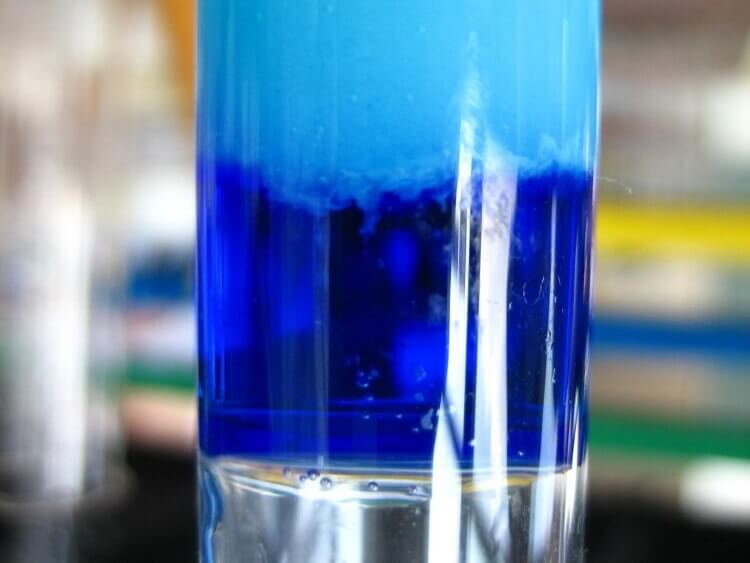3h
Dog TGFb1(Transforming Growth Factor Beta 1) ELISA Kit
Dog TGFb1(Transforming Growth Factor Beta 1) ELISA Kit
5.6pg/mL
Sandwich
1000pg/mL
15.62-1000pg/mL
Cytokine;Tumor immunity;Infection immunity;
ELISA Enzyme-linked immunosorbent assays Code 90320007 SNOMED
TGF Beta 1,TGF-B1; CED; DPD1; LAP; Camurati-Engelmann Disease; Latency-associated peptide
Canine or Canis Lupus is mostly Beagle used for drug research. ELK Biotech produces ELISA test kits and polyclonal antibodies.E05 478 566 350 170 or Enzyme-Linked Immunosorbent Assays,E05 478 566 350 170 or Enzyme-Linked Immunosorbent Assays
Aplha, transcription related growth factors and stimulating factors or repressing nuclear factors are complex subunits of proteins involved in cell differentiation. Complex subunit associated factors are involved in hybridoma growth, Eosinohils, eritroid proliferation and derived from promotor binding stimulating subunits on the DNA binding complex. NFKB 105 subunit for example is a polypetide gene enhancer of genes in B cells.
The test principle applied in this kit is Sandwich enzyme immunoassay. The microtiter plate provided in this kit has been pre-coated with an antibody specific to Transforming Growth Factor Beta 1 (TGFβ1). Standards or samples are then added to the appropriate microtiter plate wells with a biotin-conjugated antibody specific to Transforming Growth Factor Beta 1 (TGFβ1). Next, Avidin conjugated to Horseradish Peroxidase (HRP) is added to each microplate well and incubated. After TMB substrate solution is added, only those wells that contain Transforming Growth Factor Beta 1 (TGFβ1), biotin-conjugated antibody and enzyme-conjugated Avidin will exhibit a change in color. The enzyme-substrate reaction is terminated by the addition of sulphuric acid solution and the color change is measured spectrophotometrically at a wavelength of 450nm ± 10nm. The concentration of Transforming Growth Factor Beta 1 (TGFβ1) in the samples is then determined by comparing the O.D. of the samples to the standard curve.
